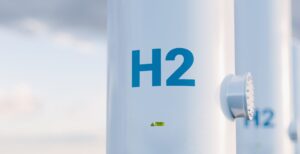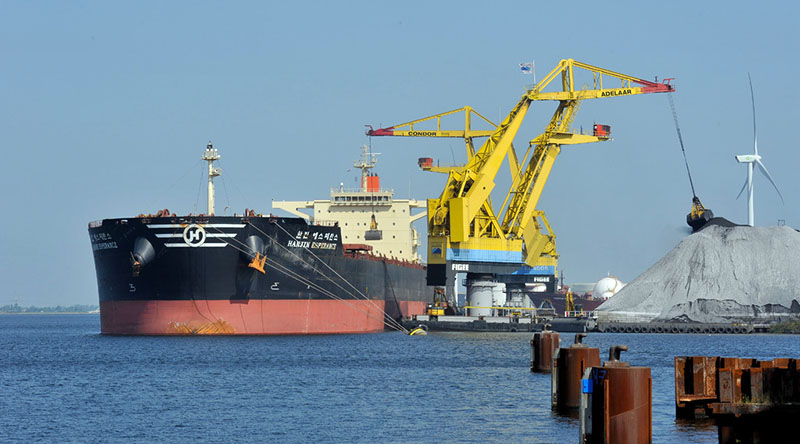The Port of Amsterdam has published its annual report for 2024 and reported that the port saw a significant reduction of around 20% in cargo volumes in 2023. This is partly due to a structural divestment in fossil fuels, in particular in relation to coal shipments. As a result of the closure of two coal terminals and significant reduction in transhipment coal volumes have nearly halved in 2023.
The same applies to the shipment of mineral oil and oil products, partly as a result of the Dutch ban on high-sulphur fuel sales to Africa whilst at the same time the supply of Russian oil has all but stalled due to the ongoing EU and US sanctions. Nevertheless, the transport of oil remains one of the largest contributors to the port account for some 50% of transshipment volume. It was noticeable that apart from a reduction in fossil fuel related cargoes there was also a significant reduction in bulk and liquid cargoes and the transhipment of containers was reduced by around a quarter.
 The board of the Port of Amsterdam has indicated that it will invest in the production, storage and shipment of hydrogen as an alternative fuel in order to replace the fossil fuels currently being shipped through the port, but it is clear that the volumes will for the foreseeable future not replace the volumes which the port has seen in recent years.
The board of the Port of Amsterdam has indicated that it will invest in the production, storage and shipment of hydrogen as an alternative fuel in order to replace the fossil fuels currently being shipped through the port, but it is clear that the volumes will for the foreseeable future not replace the volumes which the port has seen in recent years.
As a result of the reduction in cargo volumes and transhipment port dues decreased by 6.2 million to 54 million euros (-10.3%) with the port expecting further declines in 2024. The port was positive about its ability to improve the collection of port dues using its improved online application. Despite the volume decrease, the Port of Amsterdam achieved a net profit of 55.1 million euros, which was higher than the year before.
We note that we previously reported on the challenge for the Port of Amsterdam to implement its ambitious emission targets and reduction in traditional cargo types. We will continue to monitor developments with interest.
A full copy of the annual report is accessible through the following link:
https://www.portofamsterdam.com/en/annual-report-2023-full-transition

